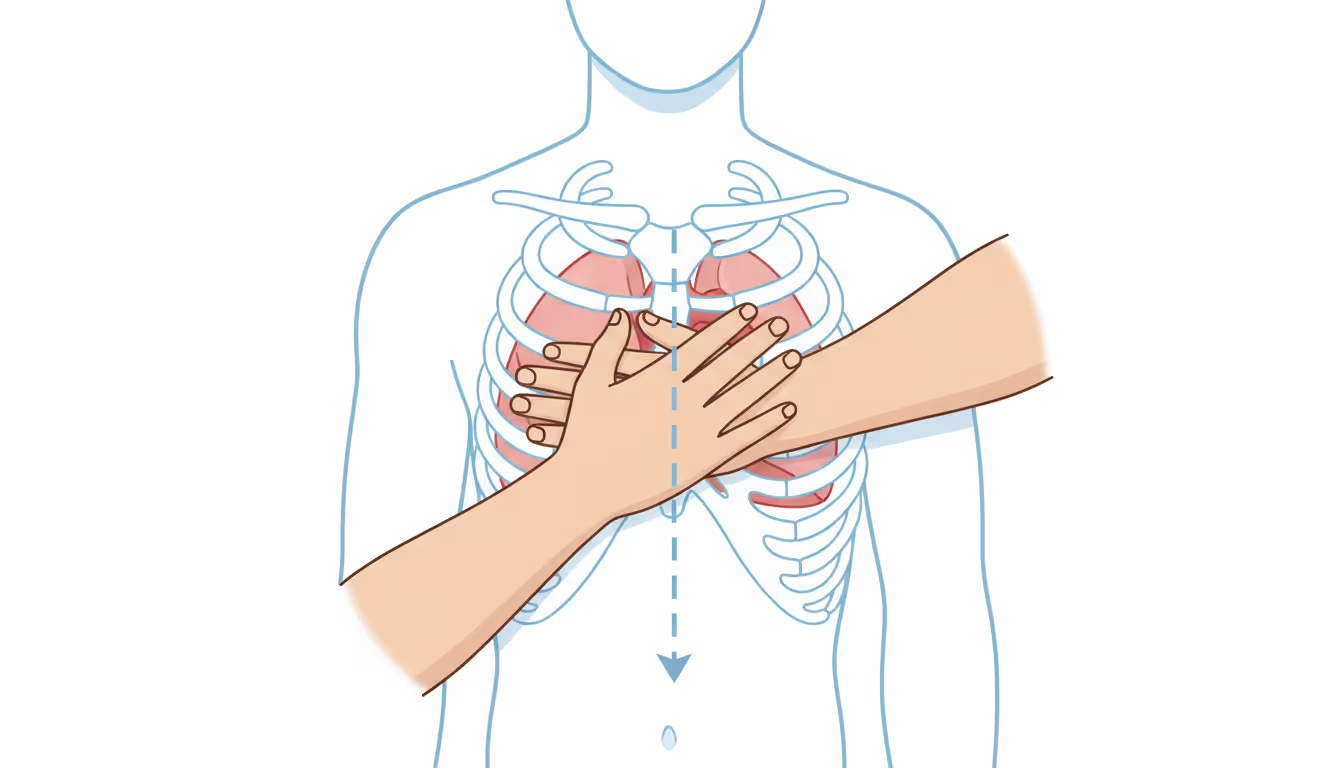
Monosodium glutamate, or MSG, is the sodium salt that enhances the flavor of various foods. Initially extracted from seaweed, it is now produced through the fermentation of corn, potatoes, and rice. While MSG does not amplify the four primary tastes—bitter, salty, sour, and sweet—it does heighten the complex flavors found in meat, poultry, seafood, and vegetables. It plays a significant role in Chinese and Japanese cuisines and is widely used in many food products globally. MSG occurs naturally in high concentrations in foods like tomatoes and Parmesan cheese. In China, MSG is referred to as "wei jing," translating to "flavor essence."The phenomenon known as "Chinese restaurant syndrome" was first reported in 1968 by individuals who consumed Chinese dishes heavily seasoned with MSG. This syndrome appears to affect only some people, with symptoms such as headaches, head throbbing, dizziness, facial pressure, jaw tightness, and burning or tingling sensations across the body, along with chest pain. In large quantities, MSG can cause the dilation of arteries. Many in China are skeptical about the existence of this syndrome, suggesting it may be an allergic reaction in sensitive individuals.




